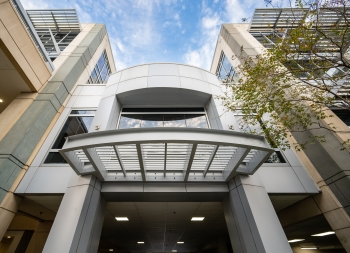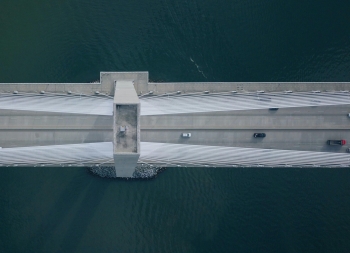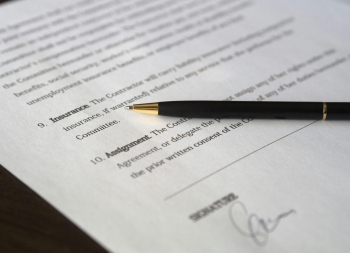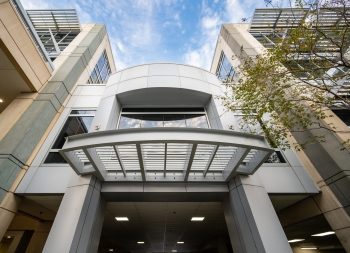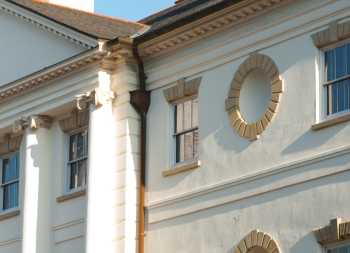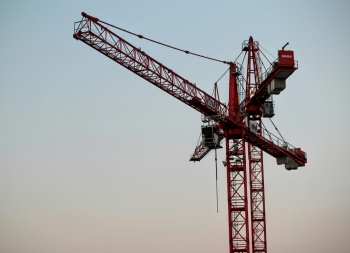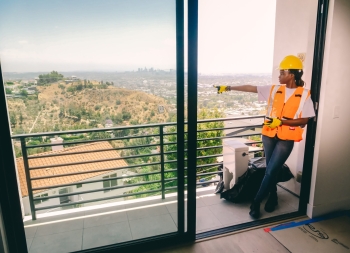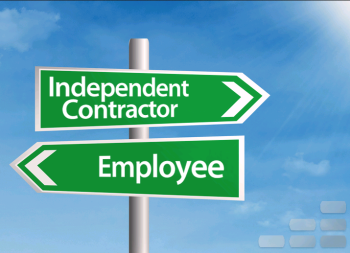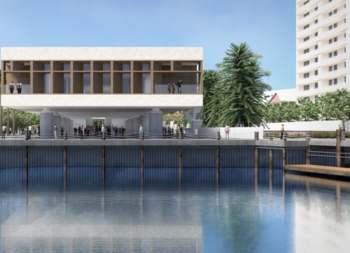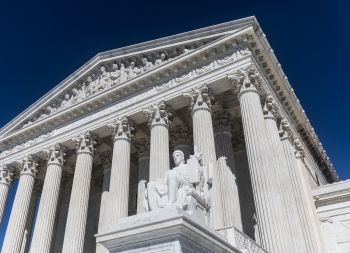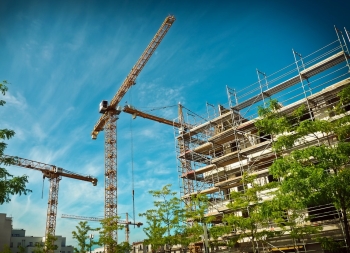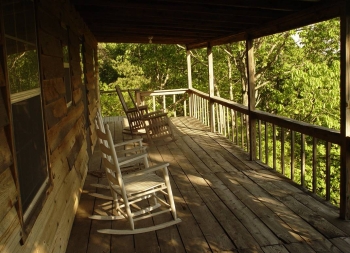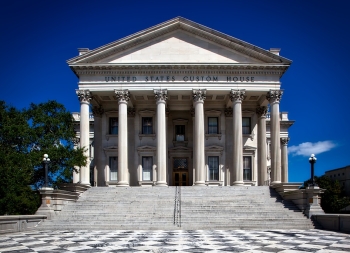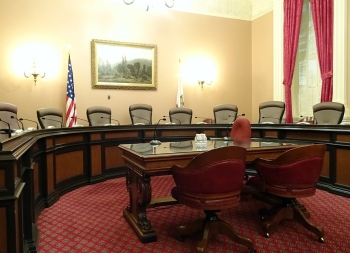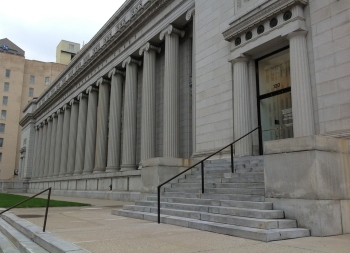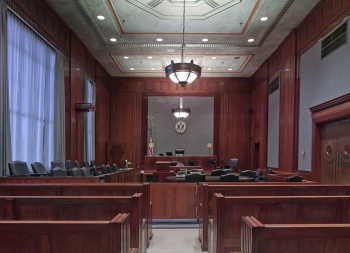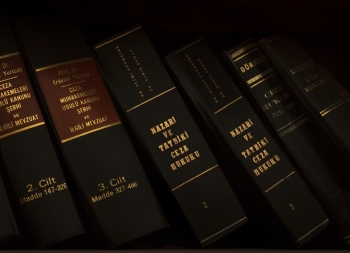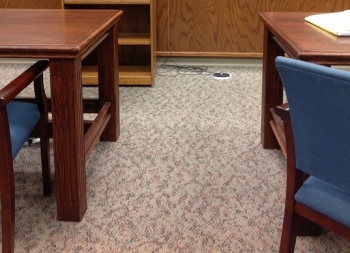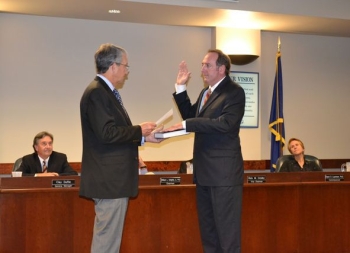What is the Statute of Repose in South Carolina?
One of the many challenges that may arise after the completion of a construction project is the discovery of defective construction or unsafe conditions. Whether it be an issue with the design of a building, defective materials, or improper installation, problems can appear years after a project and leave the construction company vulnerable to liability.
So, how can a contractor or builder protect themselves from claims being brought against them years after a project is completed? A defense called the statute of repose can help. The statute is designed to bar a claim arising from defective or unsafe conditions of a property after a specified amount of time has passed.
What is the Statute of Repose?
A statute of repose is any law that bars a claim after some action by the defendant after a specified period, even if the plaintiff has not yet been injured. All fifty states have a statute of repose that essentially functions in the same way, but the time limitations vary from state to state. It is a defense to an action brought against a contractor, subcontractor, or construction company.
The relevant South Carolina statute of repose states that “no actions to recover damages based upon or arising out of the defective or unsafe conditions to an improvement of real property may be brought more than eight years after substantial completion of the improvement” (S.C. Code § 15-3-640).
According to the statute, this action can include:
- An action in contract or in tort or otherwise;
- An action for contribution or indemnification for damages on account of an action based upon or arising out of an alleged defective or unsafe condition of an improvement to real property; and
- An action against a surety or guarantor of a defendant.
(S.C. Code Ann. § 15-3-640)
This means that the statute can be used as a defense against claims of breach of contract, breach of warranty, and negligence claims. It applies to both design errors and claims for unsafe or defective construction.
(S.C. Code Ann. § 15-3-670).
What is the Purpose of the Statute of Repose?
The statute of repose allows the defendant to be free from liability after a certain period of time passes. As the South Carolina statute provides, this time period begins after substantial completion of the project. This is generally interpreted as the point in time when the product of the construction project can be used for its intended purpose. Without a statute of repose, the contractor or subcontractor could conceivably be held indefinitely responsible for defects found after completion of the project.
How Long is the Statute of Repose in South Carolina?
A plaintiff has eight years to file a claim for a defective or unsafe condition on a construction project. This means that if the owner discovers a defect nine years after project completion, they cannot file a claim against the contractor or other involved parties unless an exception applies.
Challenges That Arise in Dealing with the Statute of Repose
As mentioned in the statute, the statute of repose bars claims from being brought more than eight years after substantial completion of the project, but when is a project considered substantially complete?
There are a few different ways to determine when a project is substantially complete. In South Carolina, a certificate of occupancy issued by the county or municipality constitutes proof of substantial completion (S.C. Code Ann. § 15-3-640). Sometimes, however, a claim is brought regarding an issue with one portion of the project completed by a subcontractor years before the entire project is complete.
In this case, it may not make sense for the court to look to the signed certificate of occupancy to determine when the project is substantially complete. Instead, a court may look to the date when the relevant portion of the project was completed.
In Lawrence v. General Panel, 822 S.E. 2d 800 (S.C. 2019), the South Carolina Supreme Court held that when a contractor completes its part of the project, the project is substantially complete as to that contractor’s work. This means that the statute of repose time limit begins at the time of completion for each contractor’s scope of work.
Exceptions to the Statute of Repose
Of course, there are exceptions to the statute of repose. The South Carolina statute provides that this defense may not be asserted by someone who knows or reasonably should have known about the defect and is in control of the property. The defense is also not available to a person found guilty of fraud, gross negligence, or recklessness involving the furnishing of materials, in developing real property, in performing or furnishing the design, plans, specifications, surveying, planning, supervision, testing or observation of construction, construction of, or land surveying, in connection with such an improvement, or to a person who conceals any such cause of action. . A common feature in construction lawsuits involving older construction is the allegation of gross negligence as a means of avoiding the applicability of the statute of repose.
When it comes to determining the presence of fraud or negligence, a violation of a building code does not constitute per se fraud, gross negligence, or recklessness, but it may be admissible as evidence of any of the three.
Finally, the statute of repose may not be used as a defense to an action for personal injury or property damage which is:
- Not discoverable in the exercise of reasonable diligence at the time of its occurrence; and
- The result of ingestion or exposure to a toxic or harmful or injury-producing substance, element, or particle, including radiation over some time as opposed to resulting from a sudden and fortuitous trauma.
What’s the Difference Between the Statute of Limitations and the Statute of Repose?
The statute of repose is a defense of time limitation similar to the statute of limitations, but there are a few key differences. Unlike a statute of limitations, which begins after the plaintiff has been injured or the damage giving rise to the cause of action occurs, a statute of repose runs from the date of the defendant’s action regardless of whether the plaintiff has been injured.
A statute of repose is more favorable to the defendant than a statute of limitations because there is no requirement that the plaintiff demonstrate an injury before the time limit begins.
South Carolina Construction Lawyer
From construction and design defects to payment disputes, there is no shortage of issues that can arise over the course of a construction project. Our construction law attorneys are skilled at managing the complexities of the legal issues that are unique to the construction industry. To speak with a South Carolina construction lawyer about your case, contact Rosen Hagood today.











